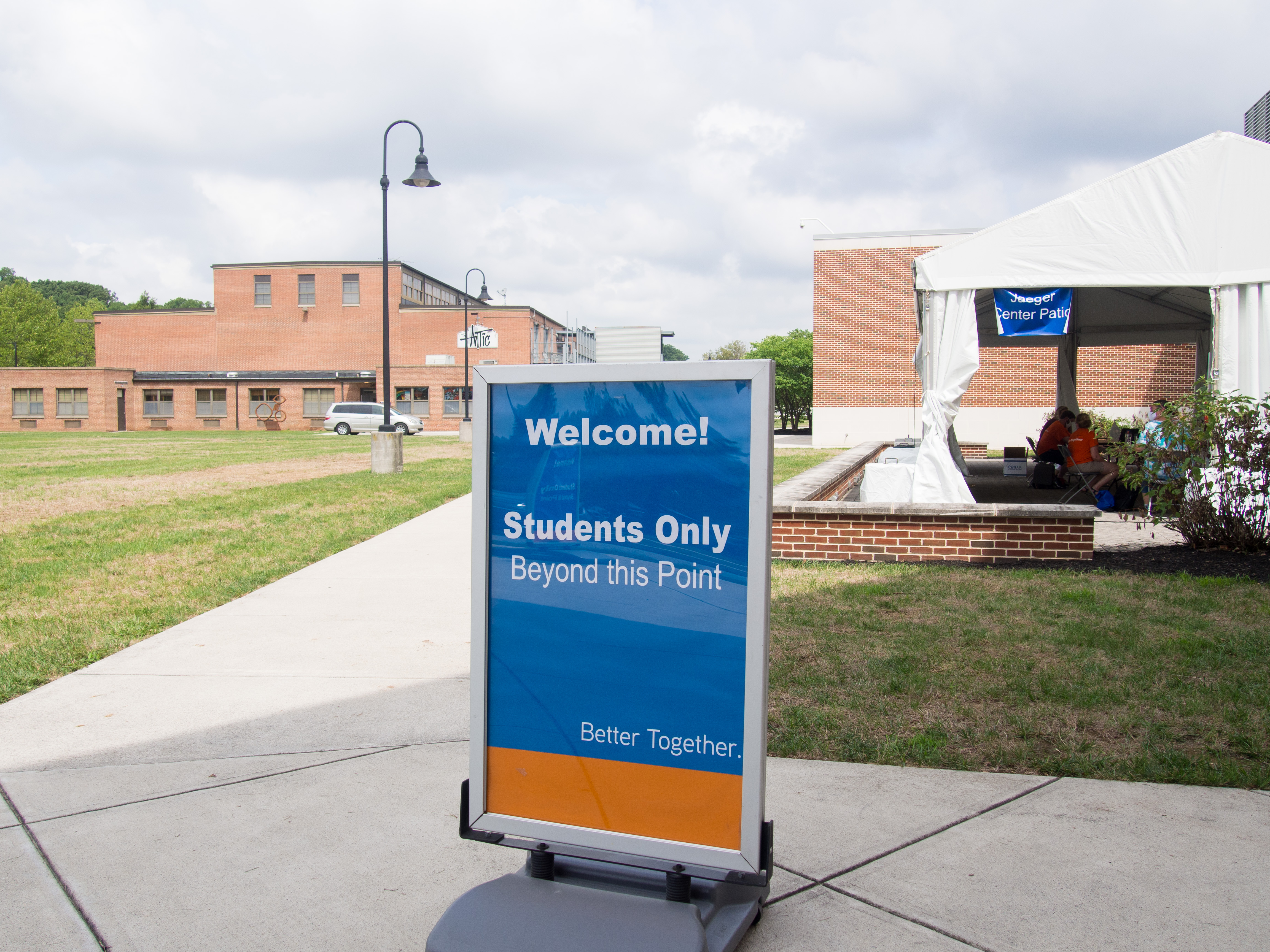By Katie Oglesby, News Editor
With more than half the student body studying remotely this fall semester after sophomores, juniors, and seniors were sent home in September, the college decided to allow students to choose S/U grading for major, minor, and Gettysburg Curriculum requirements. Faculty debated this over the course of multiple faculty meetings, and the decision to allow S/U grading passed narrowly on Oct. 22.
While deliberating the decision, faculty weighed the unprecedented challenges of a semester during a pandemic.
“In many ways, I think the struggles that students face this semester are greater even than the ones faced in the spring,” said Professor of Economics and Harold G. Evans Chair of Eisenhower Leadership Studies Brendan Cushing-Daniels. “All of the health issues from the fall persist. I have talked to students who got sick themselves, whose family members have fallen ill with COVID-19, and who have had family members die. Additionally, all of the challenges of remote learning from last semester persist—being forced to relocate in the middle of the term, facing poor or overwhelmed internet connection at home, and imperfect support in a remote environment.”
Appreciative of the S/U grading option, Adil Sarwar ‘22 said, “[It] is super beneficial as it takes off the stress component from learning and ensures that students are not necessarily penalized.”
As representatives from Student Senate to the faculty Academic Policy and Program Committee, Garrett Goodwin ‘21, chair of Student Senate Academic and Career Affairs Committee, and Rocco Rodrigues ‘23 brought the faculty the proposition of implementing S/U grading for the fall semester.
Goodwin said it was important to Senate to encourage faculty to allow S/U grading, expressing that he also feels that this semester was even harder than the spring semester.
“Even though last spring’s semester got interrupted by COVID-19, I consider it a cakewalk compared to this fall,” said Goodwin. “We all understand that online instruction often cannot compare to the experience of having in-person classes. The growing trend of students facing elevated stress levels from changes in learning, compounded with an increase in mental health concerns from different daily living routines, has hindered students in many different ways. These factors cannot be ignored. as they can stop students from reaching their full potential.”
Cushing-Daniels said that it took a bit of time for faculty to approve the amendment. “I think some of the faculty felt rushed to make a decision on the grading option, and were reluctant to make a hasty decision that might lead to some negative repercussions that we hadn’t discussed or foreseen. That’s just prudent.”
Faculty voiced concerns that graduate schools and employers may not appreciate seeing an ‘S’ grade on a transcript.
Still, other faculty members feel that context is critical. “Many graduate schools are providing explicit flexibility during the pandemic, and employers are also facing the pandemic in the workplace,” Cushing-Daniels said. “The people I talk to and communicate with via letters of recommendation are also being understanding of the issues students and colleges are facing.”
Sarwar acknowledged the benefits of the S/U option for students, expressing that “this accommodation also reflects how understanding Gettysburg is and how willing the college is to help students in situations that range from constant professor switches due to revised immigration laws to students with unstable home environments.”
Goodwin found that the S/U option acknowledges the challenges of various students’ remote learning situations.
“At school, we can be 100 percent focused on concentrating all our efforts on being full-time students,” said Goodwin. “This contrasts drastically with living at home where being ‘just students’ often is not the main focus.”

